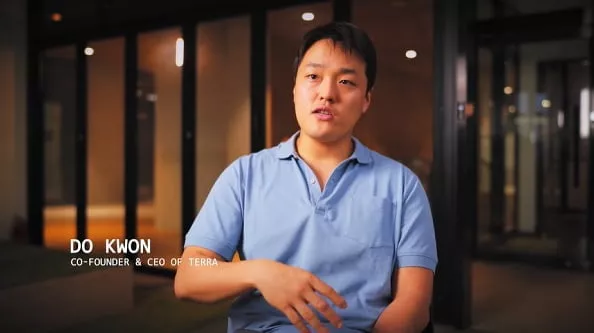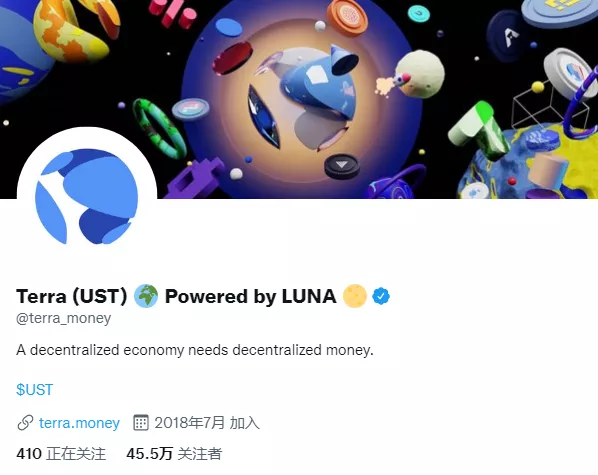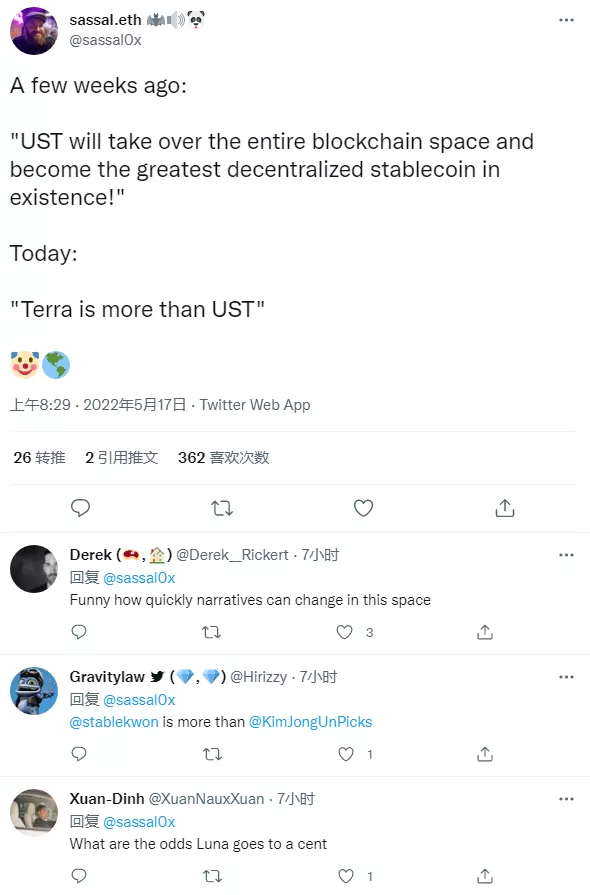The cryptocurrency crash that shocked the currency circle in may soon put Terra founder do Kwon on the cusp of public opinion. After $60billion of encrypted assets went up in smoke, many people speculated that he was likely to face prison However, in an interview with CNBC, the former U.S. federal prosecutor and former senior lawyer of the U.S. Securities and Exchange Commission said: it is difficult to prove the criminal charges against do Kwon, because prosecutors must provide evidence that they have a clear intent to commit fraud.

Even so, the 30-year-old Korean founder of Terra algorithm stable coin is still likely to be punished by regulators. Meanwhile, investors who have lost their money have been unable to help but initiate civil compensation proceedings against him.
On the other hand, the terra community has voted to enable [hard fork] on May 27( https://www.cnbeta.com/articles/tech/1273961.htm ) And rename the old chain to Terra classic. Such a "regret medicine" obviously "Salutes" the Ethereum community's [rollback operation] in 2016( https://www.cnbeta.com/articles/tech/1270395.htm )。

Before the crash of terrausd (UST), do Kwon successfully persuaded investors to hold this so-called "algorithmic stable currency" and tried to shape himself into "the next Nakamoto cong".
Then in 2021, Luna, a sister token linked to ust on terra blockchain, saw a rise of 15800%, and speculators were able to take advantage of the currency fluctuations of the two tokens to arbitrage.

In fact, this may was the second time that do Kwon faced the "darkest moment" after launching the UST algorithm to stabilize the currency. Only the first attempt lost tens of millions of dollars, but the second time it soared to tens of billions of dollars.
It is reported that although a spokesman for terraform labs declined to comment on the civil or criminal liabilities that the company and its executives may face, senior judicial and regulatory personnel have made several predictions - ranging from fines to imprisonment.
However, due to the limitation of jurisdiction and lack of evidence, Randall Eliason explained that economic cases cannot allow suspects to prove their innocence like murder cases. After all, in the United States, the judiciary cannot convict a businessman just because he made a wrong decision.